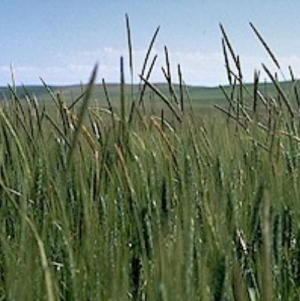WITH THE second season of black-grass operations about to begin, continued vigilance this spring and summer will be crucial to stop the noxious weed from establishing in Mid-Canterbury, says the Ministry for Primary Industries (MPI).
MPI, supported by industry partners, began a black-grass response following spillage of contaminated seed from a truck travelling between Ashburton and Methven in July last year.
"We didn't find any black-grass last season and are confident that if it were there the operations team would have found it," says MPI response manager Brad Chandler.
"However, we are also very conscious that if there is any chance of black-grass appearing, it is most likely to show its face this season. So everyone involved, including the public, needs to remain particularly vigilant and keep a lookout."
This season's operations are scheduled to start the week of October 13 and finish the week of March 23, 2015. They will be similar to last year, involving nine rounds of surveillance along the spillage route, three rounds of grass mowing along roadside verges, and herbicide spraying.
Chandler asks that the public stay alert for any signs of black-grass and report anything they suspect may be black-grass to the MPI pest and disease hotline on 0800 80 99 66.
"The public have been really supportive to date, and we're hoping this will continue as we value their support and know how important it is to the success of the response."
Black-grass is a serious invasive weed of winter crops in the UK and Europe where it has developed resistance to many herbicides.
Visit: www.mpi.govt.nz/biosecurity-animal-welfare/pests-diseases/help-stop-black-grass.



















